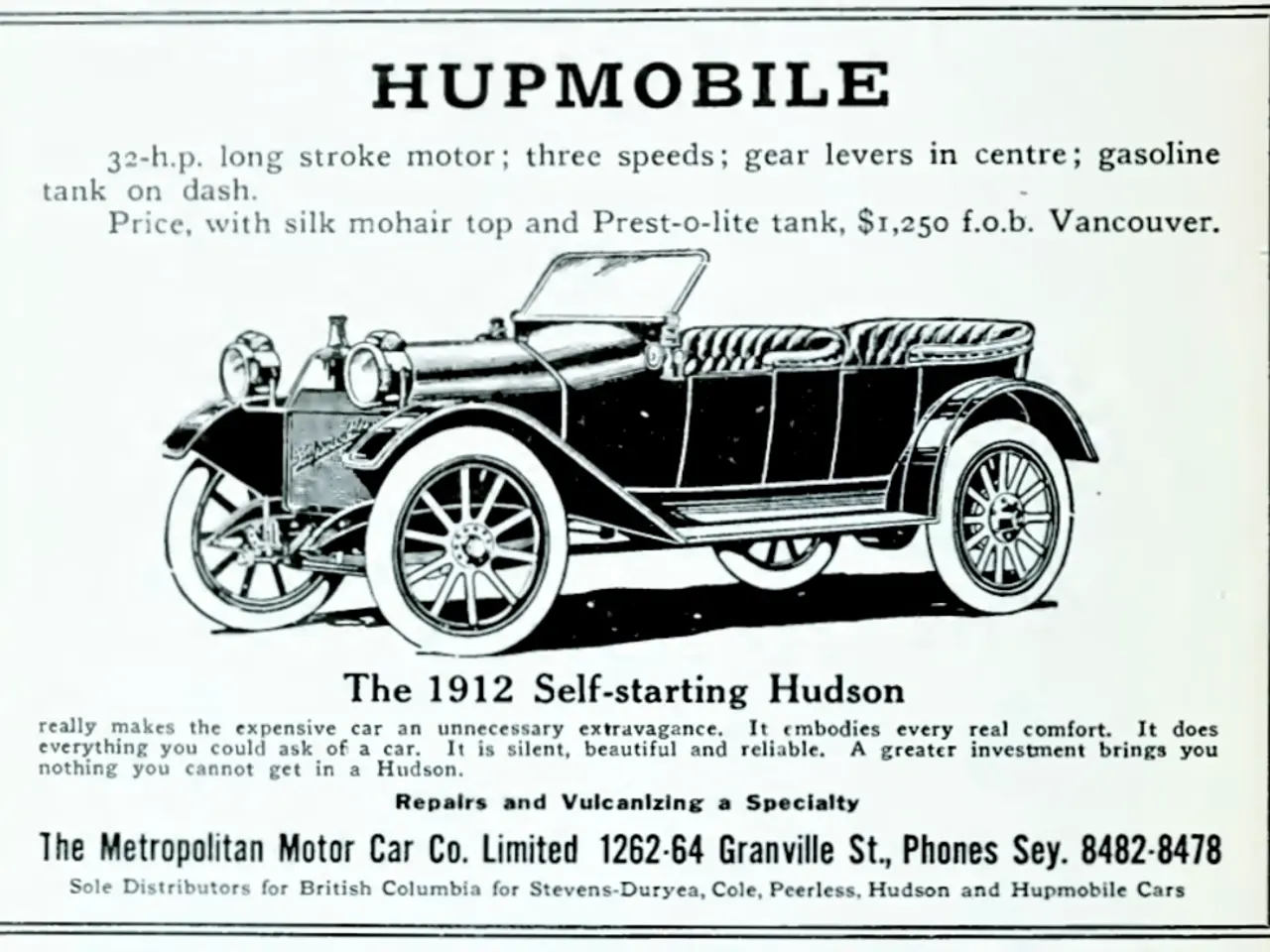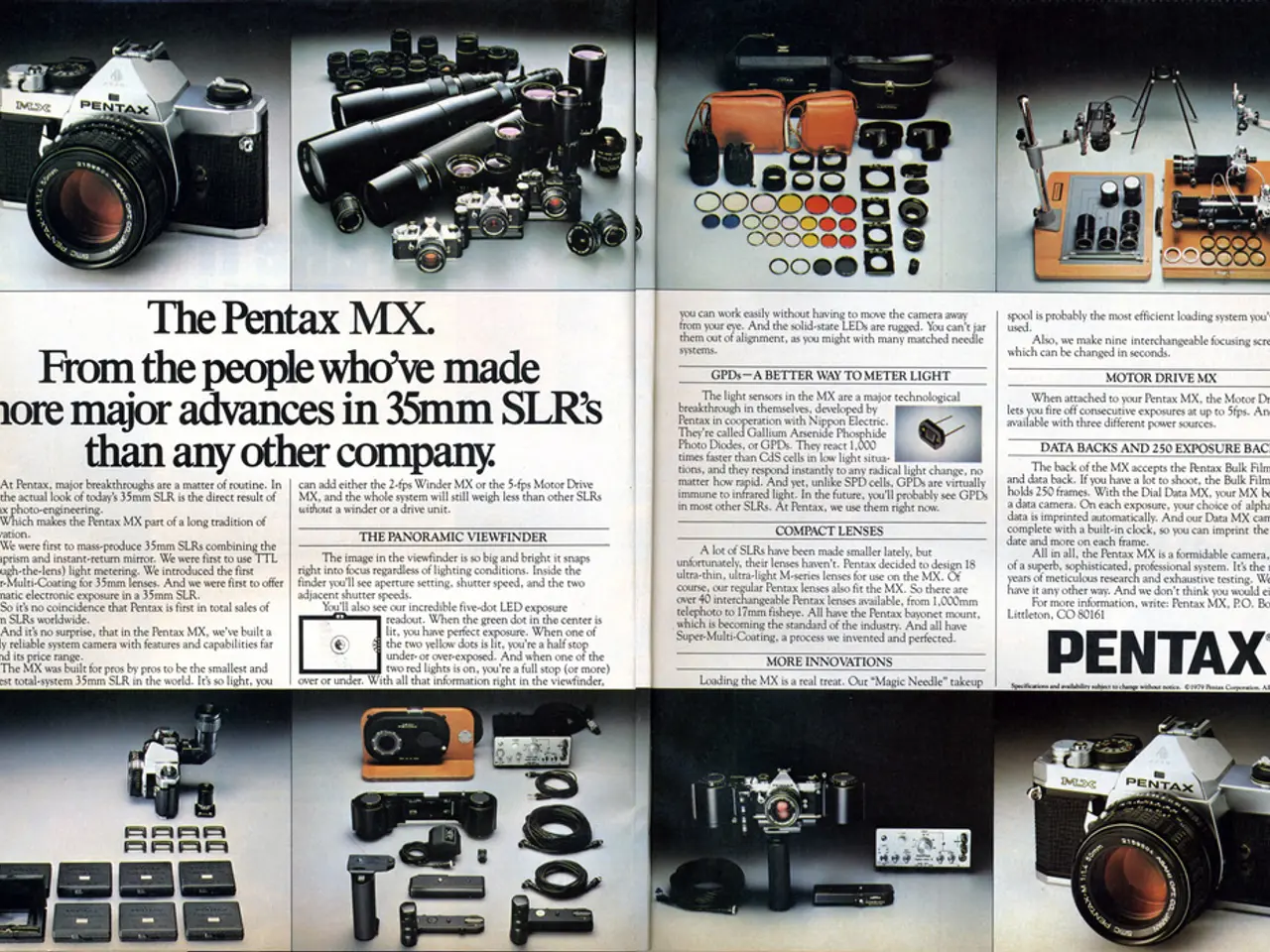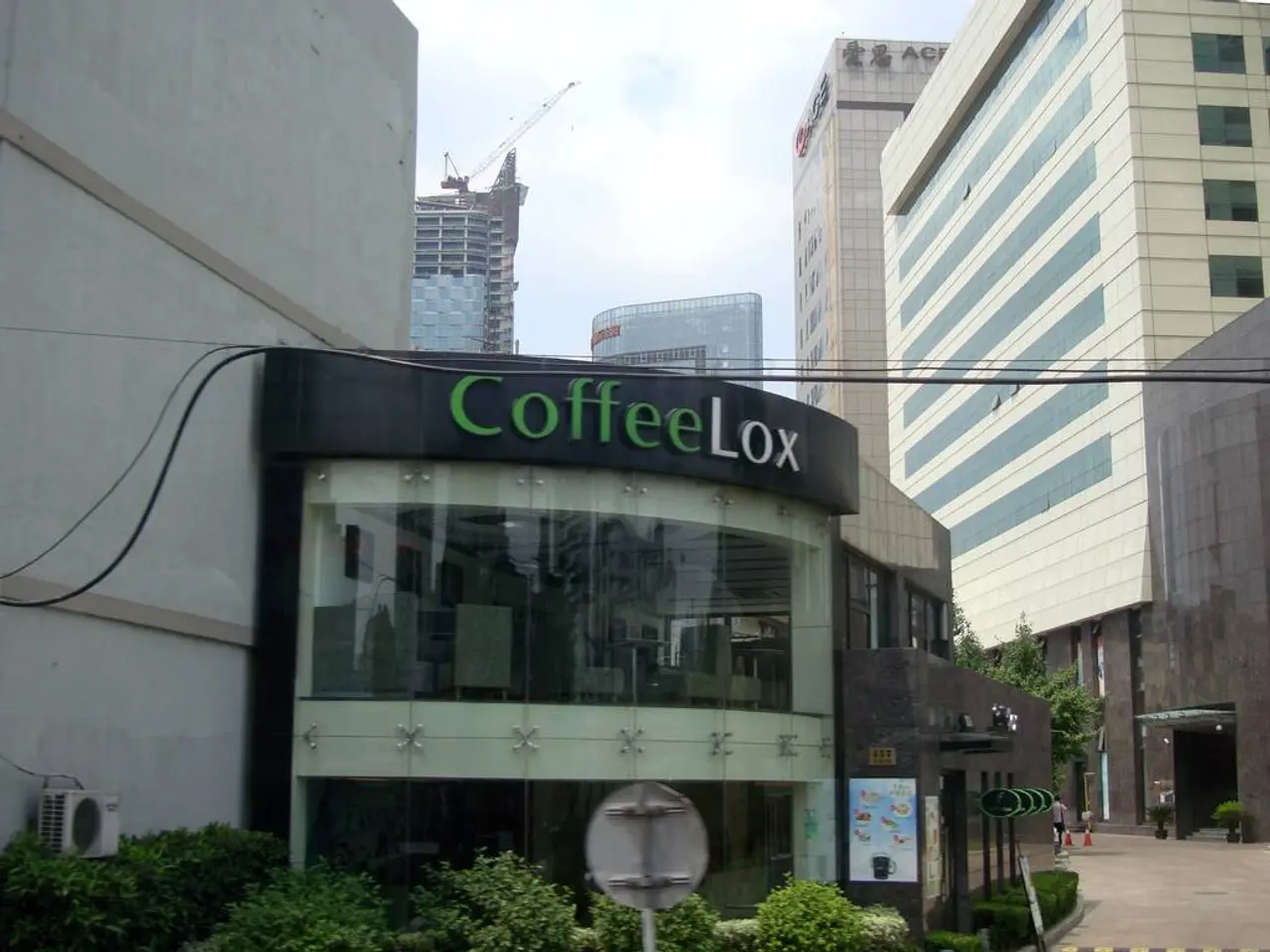Increase in Tesla Sales Observed in Malaysia and Hong Kong
Tesla Tops Private Vehicle Registrations in Hong Kong and South Korea
In a remarkable turn of events, Tesla has become the leading brand in private vehicle registrations in Hong Kong, accounting for 30% of all new vehicle registrations in May 2025. This surge in sales also marked the first time Tesla became the top-selling imported car brand in South Korea, selling 6,570 units.
The success in Hong Kong is particularly significant as Tesla surpassed other brands in the region to claim the top spot. In Malaysia, the Model Y has become one of the most in-demand electric vehicles, with factors such as Tesla's expanding local footprint, government incentives, and increased charging infrastructure contributing to its popularity.
The Model Y also played a crucial role in Tesla's rebound in Australia, contributing significantly to the sharp increase in sales. In South Korea, the Model Y accounted for 6,237 registrations, making it the top-selling EV and the best-selling imported vehicle overall. Year-to-date, Model Y orders in Malaysia are up 37% compared to all of 2024, indicating rapid growth for Tesla in Southeast Asia.
Tesla's sales in Australia rebounded sharply in May 2025, with a 123% year-over-year increase, totaling 3,580 deliveries. However, the company faced declining sales in parts of Europe, with sharp drops in sales in Spain, Portugal, and Sweden in 2025.
The surging sales in the Asia-Pacific markets, specifically Malaysia and Hong Kong, are influenced by several factors. The Asia-Pacific region leads global EV market expansion due to increasing adoption in countries like China, Japan, South Korea, alongside emerging markets including Malaysia and Hong Kong. This demand surge is supported by government policies promoting electric mobility and investments in charging infrastructure.
Tesla's advancements in autonomous driving, aligned with the growing acceptance of Level 3 autonomous vehicles projected to increase substantially across Asia-Pacific, may enhance Tesla’s product appeal in these markets as consumers seek cutting-edge technology. Despite a global decline in Tesla's market share to about 45% in early 2025 due to increased competition from brands like Chevrolet and BYD, Tesla remains perceived as a technology and luxury brand, which retains appeal in affluent Asia-Pacific urban centers like Hong Kong and Malaysia's key cities.
Governments in these regions often offer incentives such as tax rebates, subsidies, and stricter emissions regulations, boosting EV sales, including Tesla vehicles, by lowering ownership costs and aligning with rising environmental awareness.
In summary, Tesla’s sales surge in Malaysia and Hong Kong in 2025 is underpinned by expanding EV market demand driven by supportive government policies and infrastructure, the growing consumer interest in advanced autonomous driving features, and Tesla's established premium positioning in these Asia-Pacific markets. However, Tesla's overall global market share sees increasing competition in this period.
Sources:
- Tesla Remains a Luxury Brand in Asia-Pacific
- Asia-Pacific to Lead in Adoption of Autonomous Vehicles
- Tesla Faces Challenges in 2025
- Government Policies Support EV Adoption in Asia-Pacific
- Tesla's Global Market Share Declines in 2025
- The success of Tesla in the Asia-Pacific region, particularly in Malaysia and Hong Kong, can be attributed to the region's increasing adoption of electric vehicles (EVs), supported by government policies and investments in charging infrastructure.
- Tesla's Model Y, a top-selling EV, is one of the most in-demand vehicles in Malaysia, with factors such as government incentives, expanding local footprint, and advanced autonomous driving features contributing to its popularity.
- In South Korea, Tesla recorded a remarkable 6,570 unit sales in May 2025, becoming the top-selling imported car brand and the leader in private vehicle registrations, pushing the automotive industry towards a greener future.
- Tesla's premium positioning, coupled with advances in autonomous driving technology and the growing acceptance of Level 3 autonomous vehicles in the Asia-Pacific region, positions the company well to capitalize on the expanding EV market, particularly in affluent urban centers like Hong Kong and Malaysia's key cities.




